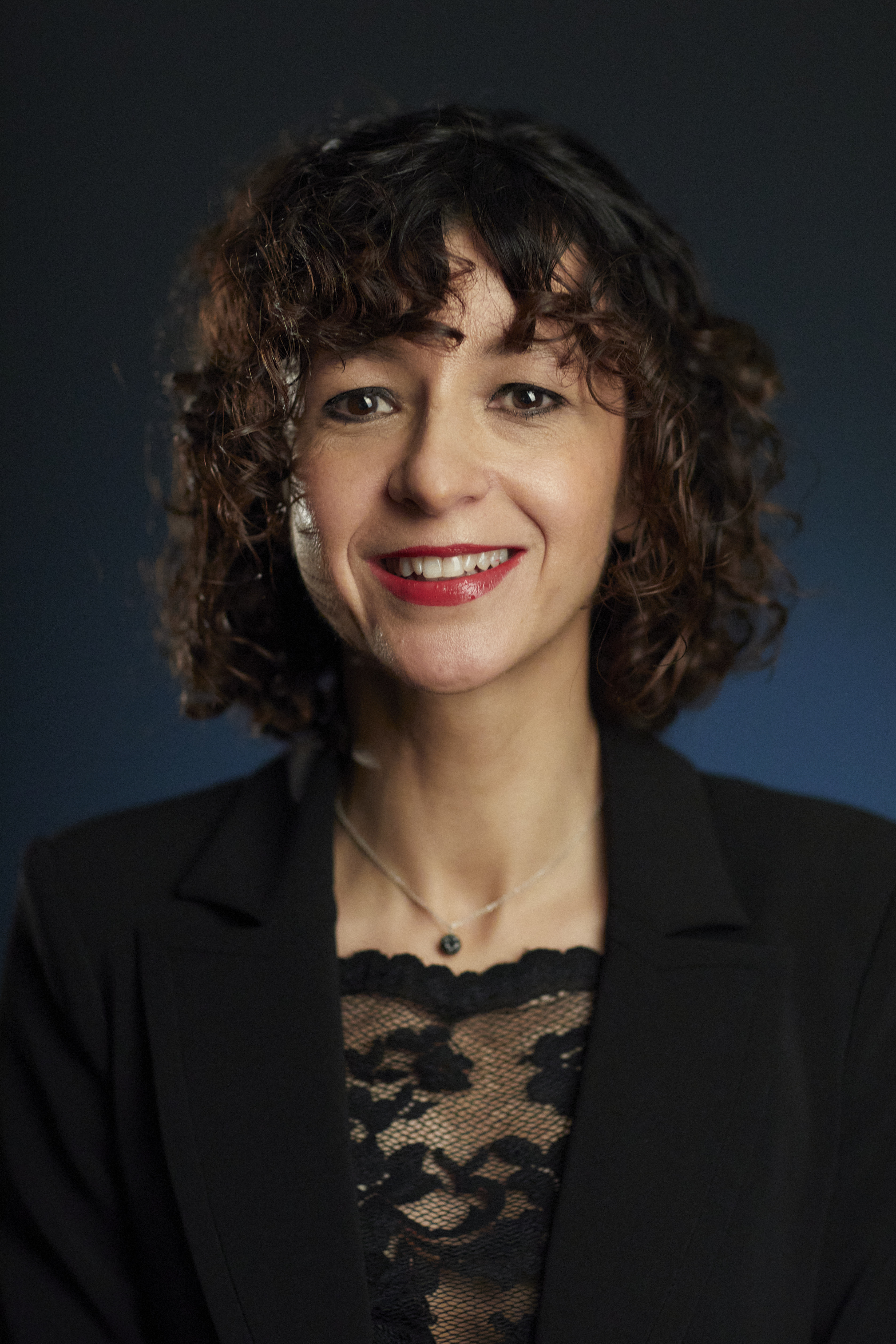Charpentier, Emmanuelle (1968-…), is a French biochemist. Biochemistry is the study of the chemical processes that take place in all living things. Charpentier is known for her work to develop a precise method for modifying DNA, called CRISPR/Cas9. DNA—deoxyribonucleic acid—is a double-stranded chainlike molecule found in every living cell. It directs the formation, growth, and reproduction of cells and organisms.

CRISPR stands for Clustered Regularly Interspaced Short Palindromic Repeats. It is named for certain DNA sequences that occur naturally in bacteria and in microbes called archaea. These DNA sequences function like an immune system, cutting the genetic material of viruses that infect the microbes. Scientists have studied CRISPR in microbes since the 1980’s. One common CRISPR system makes use of an enzyme called Cas9. An enzyme is a protein that speeds up chemical reactions in living things.
In 2012, Charpentier worked with the American scientist Jennifer Doudna to isolate components of the CRISPR/Cas9 system in microbes. The scientists modified the components so that they could be used to cut DNA molecules at specific sites. The result was a precise system for editing DNA that has a wide variety of applications in genetic engineering and gene therapy. Using CRISPR/Cas9, scientists can permanently modify genes in living organisms to treat the genetic causes of disease. In 2020, Charpentier and Doudna were awarded the Nobel Prize in Chemistry for their groundbreaking work.
Emmanuelle Marie Charpentier was born on Dec. 11, 1968, in Juvisy-sur-Orge, France, southeast of Paris. She studied biology at the Pierre and Marie Curie University in Paris, graduating in 1992. She earned a Ph.D. degree at the Pasteur Institute in Paris in 1995. From 1995, she held research positions in the United States, Austria, and Sweden. In 2015, she became director of the Max Planck Institute for Infection Biology in Berlin, Germany.
